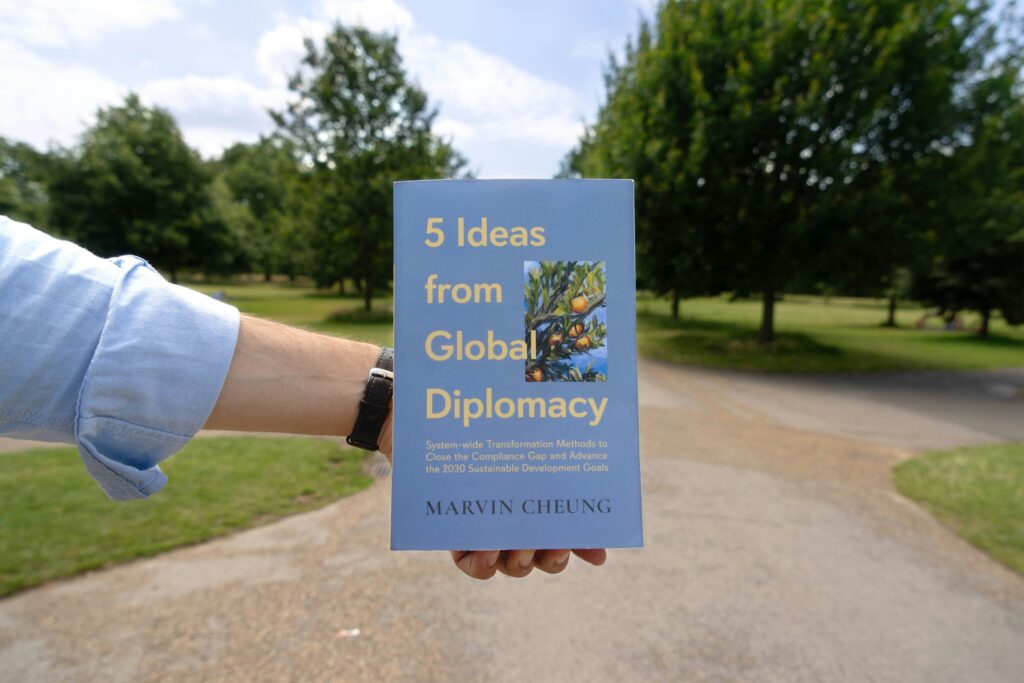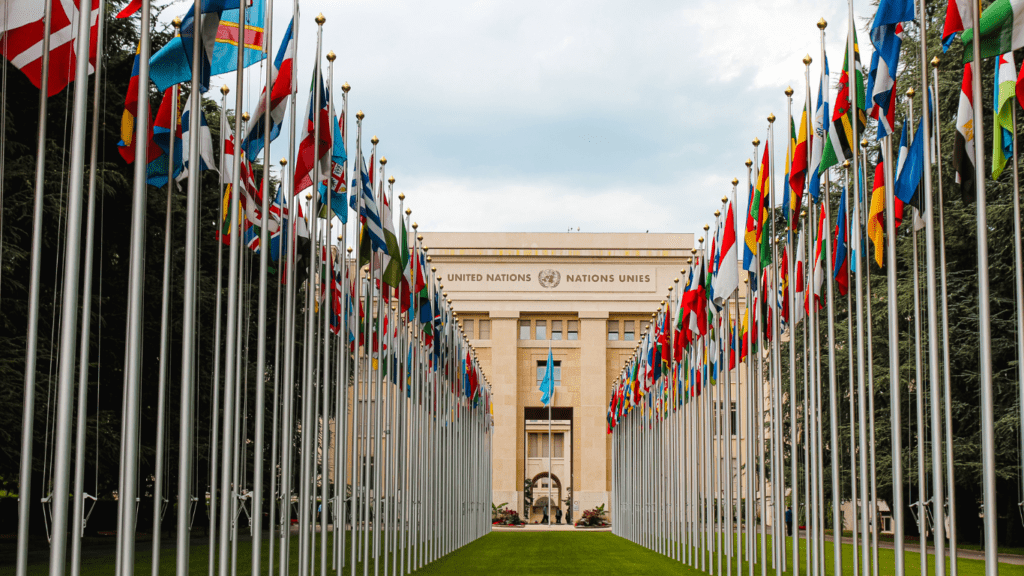Defining a Flashpoint in Global Policy
A geopolitical flashpoint isn’t just a place with conflict it’s where pressure builds fast and consequences spill far beyond geographical borders. These are the regions or topics that sit on a knife’s edge, where one political misstep, cyberattack, or military move could trigger international fallout. Think of them as the raw nerves of international relations.
Flashpoints are different from long running disputes. An ongoing conflict might burn low for years, like the India Pakistan tension over Kashmir. A flashpoint, by contrast, can flare up in days sometimes hours forcing immediate responses from global actors. The Taiwan Strait, for instance, is a prime example. One naval confrontation could send shockwaves through markets, alliances, and defense policies.
Why do flashpoints matter? Because they shape where the money flows, where military power pivots, and what headlines dominate global news cycles. Economic sanctions, defense budgets, trade routes, and even election narratives often circle back to these hotspots.
For more depth, check out Understanding Flashpoints.
Key Regions Driving Tension
Flashpoints aren’t limited to war zones they’re shaped by power, geography, and leverage. Three regions rank high, and the stakes keep growing.
South China Sea: Sovereignty Claims and Maritime Control
This strip of ocean packs more political weight than meets the eye. China, Vietnam, the Philippines, and others all lay claim to overlapping zones, but for Beijing, it’s about projection economic and military. Building artificial islands, deploying naval patrols, and setting up air defense zones aren’t just moves on a map. They’re about reshaping the rules of international waters. The U.S. and allies keep testing those lines with “freedom of navigation” exercises. Tension simmers just below open conflict.
Eastern Europe: NATO vs. Russia Dynamics
Eastern Europe isn’t just about Ukraine, although that front dominates headlines. It’s the broader tug of war between Russia’s desire to reclaim influence and NATO’s eastward expansion. The Baltics sit on edge. Poland’s ramping up defense spending. NATO troops rotate in and out. Moscow calls it provocation. NATO calls it security. In between, smaller nations are caught recalibrating foreign and domestic policy under pressure.
Middle East: Resource Security and Ideological Divides
Resources fuel tension literally. Oil, water, and gas reserves back both power and policy in the Middle East. But layered on top are deep ideological rifts: Sunni vs. Shia, secular vs. theocratic, globalism vs. nationalism. Iran Saudi tensions haven’t vanished; Yemen’s conflict is still raw. Normalization deals with Israel shift alliances suddenly. And all of it filters through U.S. and Russian involvement.
Global Ripple Effects
None of these flashpoints stay local. A standoff in the South China Sea delays global shipping. Conflict in Ukraine shifts Europe’s energy game and drives inflation. Middle East volatility affects fuel prices and refugee flows. The effects spool out into supply chains, markets, and foreign policy everywhere. What happens in one region tags the rest of the globe. Fast.
The common thread? There’s no such thing as an isolated regional crisis anymore.
What Makes Flashpoints So Volatile

What turns a tense situation into a crisis? Often, it’s not tanks or treaties it’s something less visible and more insidious. Misinformation moves faster than gunfire. State sponsored bots, fake news farms, deepfakes they shape narratives before leaders can react, muddying the waters and inflaming public sentiment. In 2024, cyber influence isn’t a secondary threat; it’s often the first strike.
Then there’s the issue of alliances. Many of today’s multilateral bodies aren’t built for speed or consensus under pressure. Emergencies unfold in minutes, but institutions designed decades ago move at a snail’s pace. Fragile trust, competing national interests, and political jockeying make collective responses sluggish at best. At worst, they paralyze decision making altogether.
Meanwhile, diplomacy is undercut by domestic politics. Leaders talk a good game on international cooperation but are often boxed in by national identity narratives and polarizing electorates. When maintaining power at home outweighs compromise abroad, global coordination breaks down.
Put it all together digital manipulation, weak alliances, and nationalist surge and you get flashpoints that are harder to predict, contain, or control. That’s what makes this era more unstable than it looks on paper.
Policy Reactions and Their Consequences
When tensions flare, governments reach for the usual tools: sanctions, trade freezes, show of force military drills. Sometimes they work at least in the short term. But often, these moves come with side effects that spiral beyond intent. Sanctions can tank economies but rarely topple regimes. Trade blocks hurt both sides, especially global suppliers and importers trying to stay afloat. Military posturing may boost domestic morale but can trigger miscalculations no one wants to own.
Institutions like the UN and WTO exist to manage disputes before they boil over. In reality, their hands are tied more often than not. Veto powers, slow consensus building, and national interests dilute their impact. Still, when these bodies do act whether on humanitarian aid, peacekeeping, or legal enforcement the results are often more durable than unilateral pressure.
Plenty of case studies prove that reactive policymaking can backfire. Think back to the Arab Spring aftermath interventions with limited strategy left behind power vacuums, not stability. Or the prolonged sanctions on North Korea that hardened its isolation without softening its nuclear stance.
The lesson? Flashpoints rarely cool with blunt force reaction. Smart policy demands more than strong words and embargoes. It requires durable diplomacy, credible coalitions, and a firm grip on the second and third order effects.
For deeper context, revisit Understanding Flashpoints.
Why This Matters to You
Global policy flashpoints aren’t just topics for diplomats and think tanks they shape real world conditions that affect people and businesses everywhere. Here’s why staying alert to these hotspots is more critical than ever.
Economic Fallout
Geopolitical instability doesn’t stay local. Economic systems are deeply interconnected, and disruptions in one region can have far reaching consequences:
Global markets react instantly to rising tensions in flashpoints, with fluctuations in oil prices, currency values, and investment trends.
Inflation can spike when trade routes are compromised or resource security is threatened, driving up prices for goods worldwide.
Forced migration increases, placing pressure on surrounding nations and shifting long term demographic and labor trends.
Influence on Domestic Life and Policy
Flashpoints don’t only shape foreign policy they often influence domestic events and decisions.
Election outcomes may be swayed by how leaders respond to perceived global threats, whether through rhetoric or real policy change.
Supply chains become vulnerable, especially for critical sectors like technology, semiconductors, and agriculture.
Civil liberties can shrink as nations justify surveillance, censorship, or emergency powers under the guise of national security.
Information as a Tool for Readiness
In today’s globalized landscape, passivity is risky. Whether you’re a policymaker, business leader, or everyday citizen, understanding flashpoints empowers smarter decisions.
Stay informed to prepare for economic shifts and policy changes
Get ahead of potential cross border challenges, from trade disruptions to data regulations
Awareness fosters accountability an informed public can respond more effectively to leadership choices and media narratives
Flashpoints may be rooted in far off places, but their shockwaves are often felt in everyday life. Learning about them isn’t just for specialists it’s an essential skill in a rapidly shifting world.


 ____________
____________
